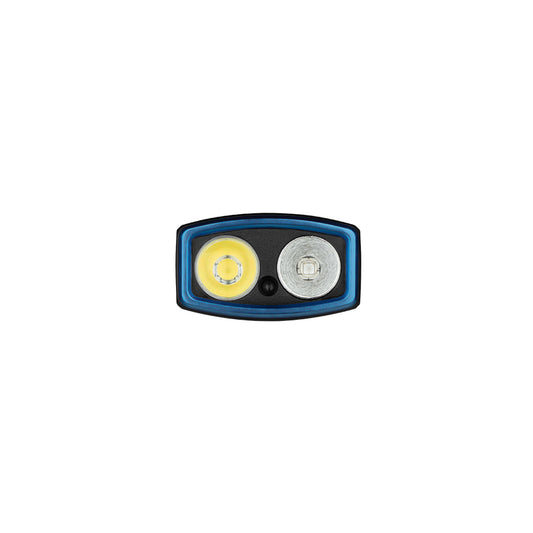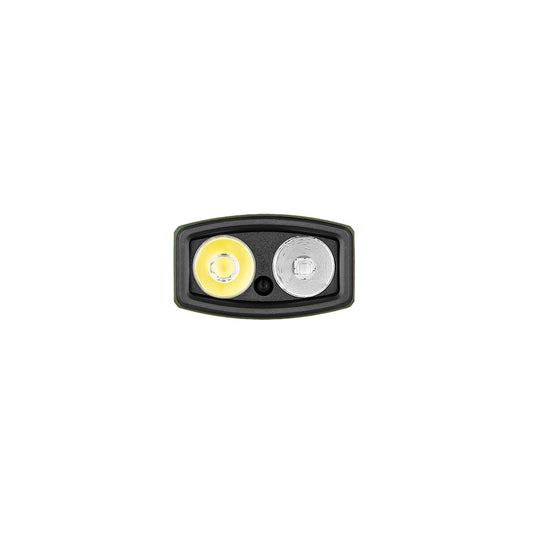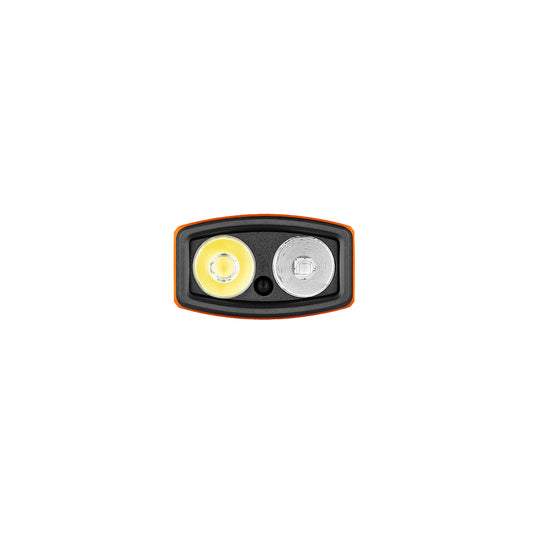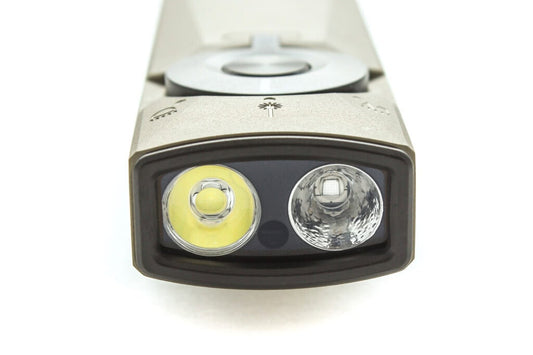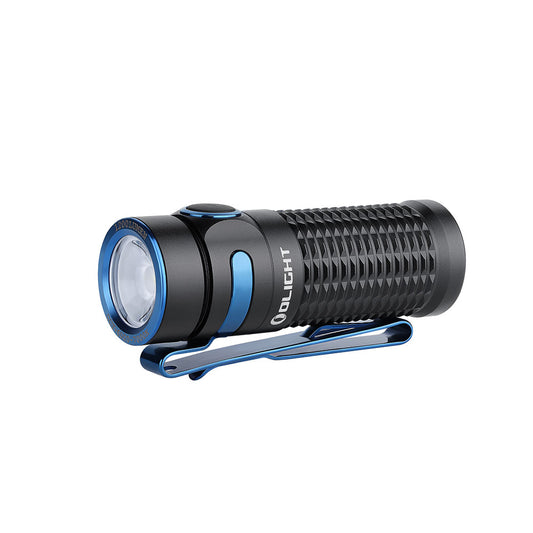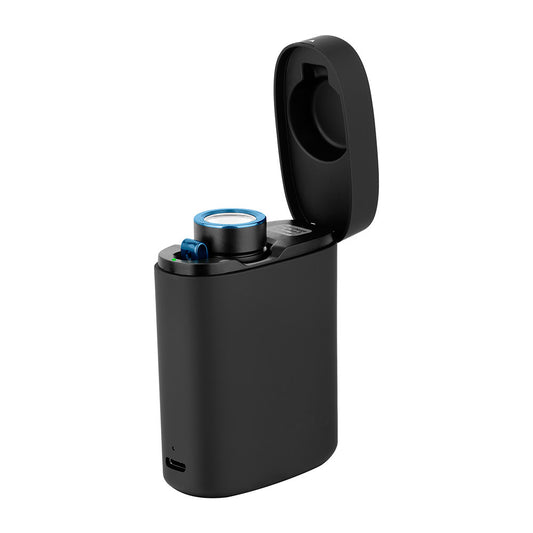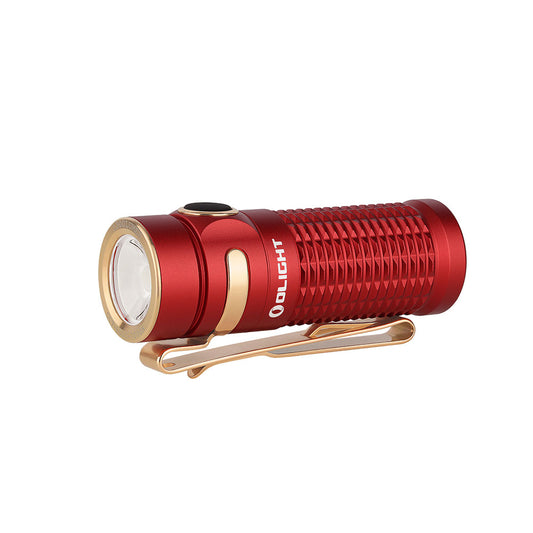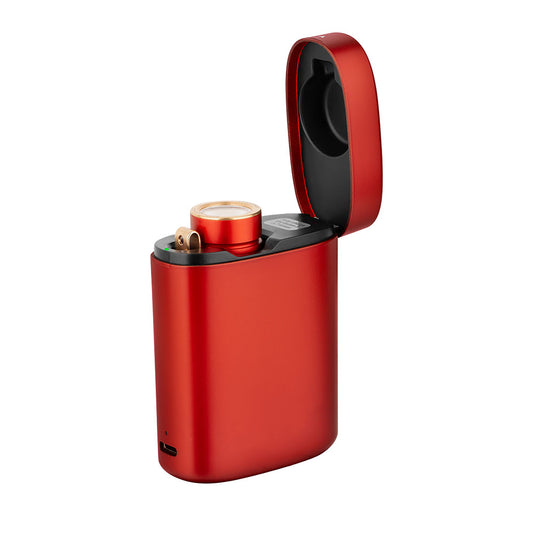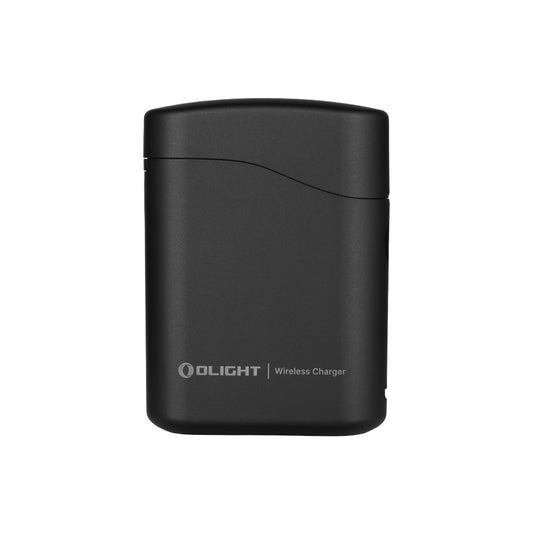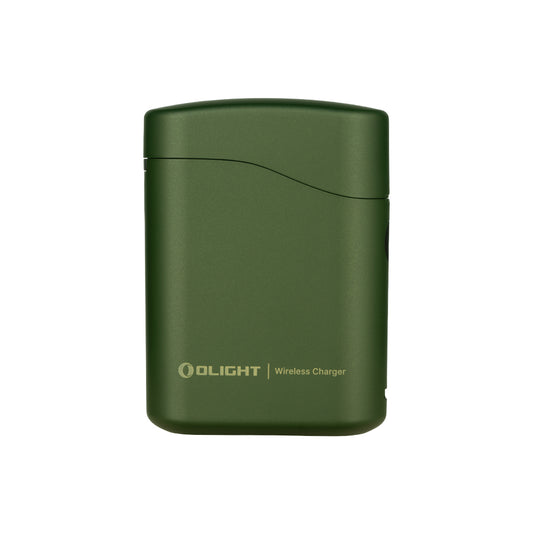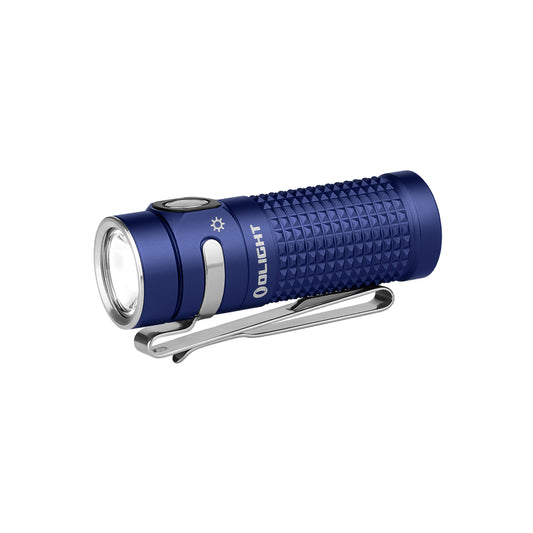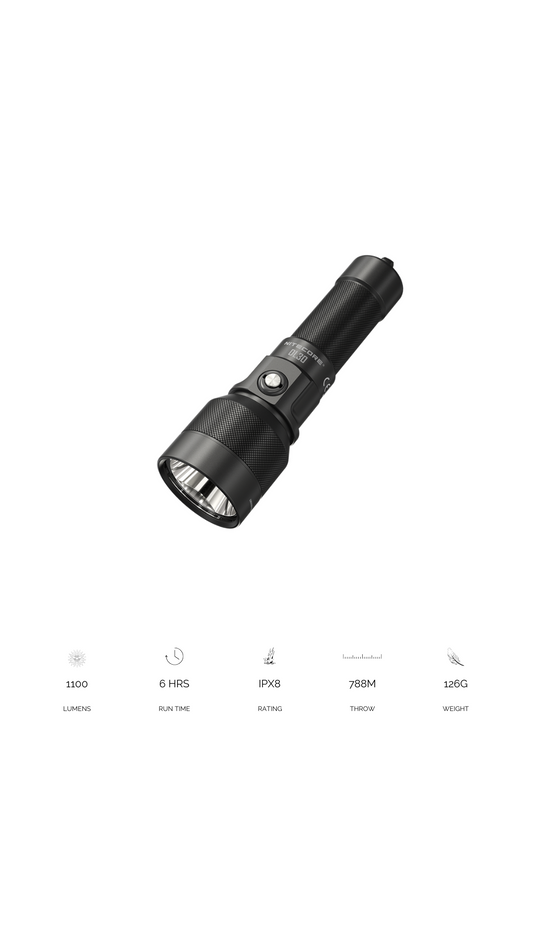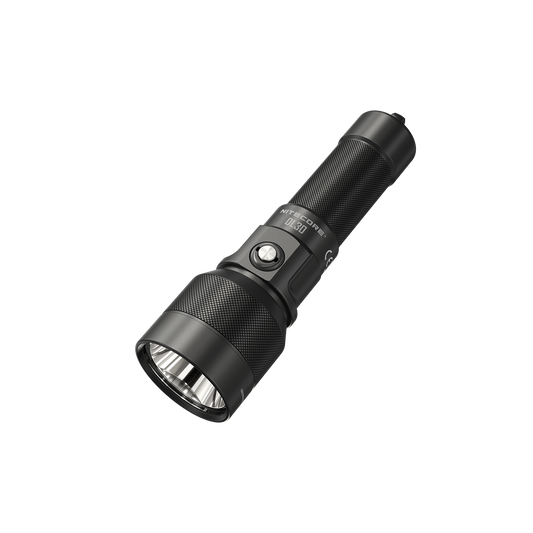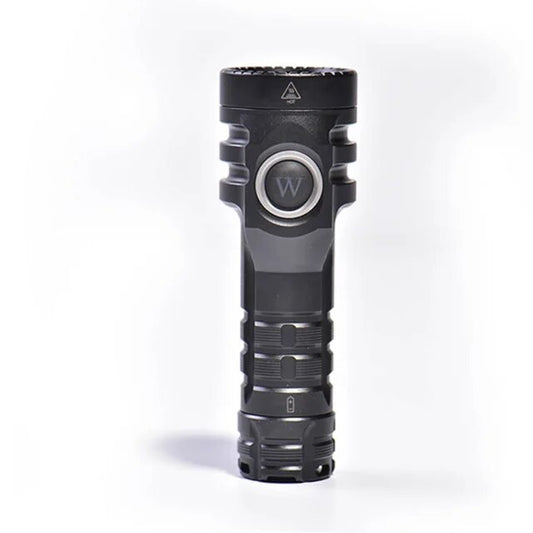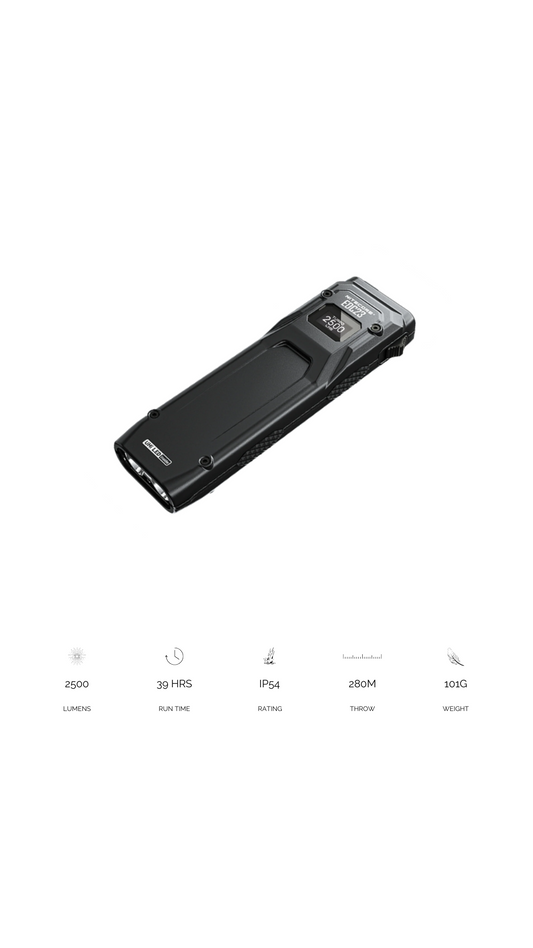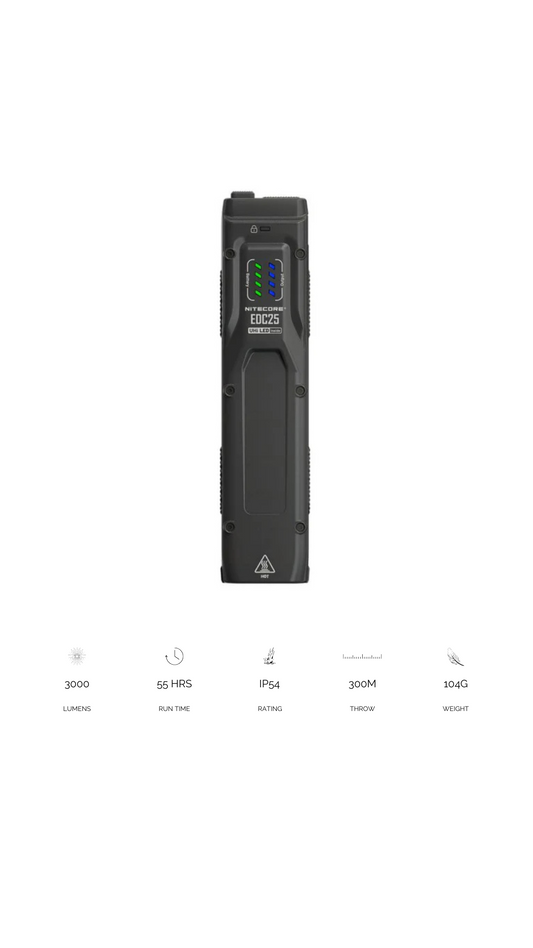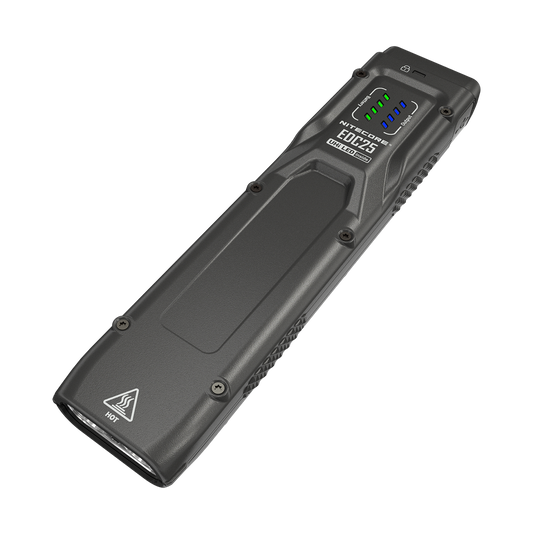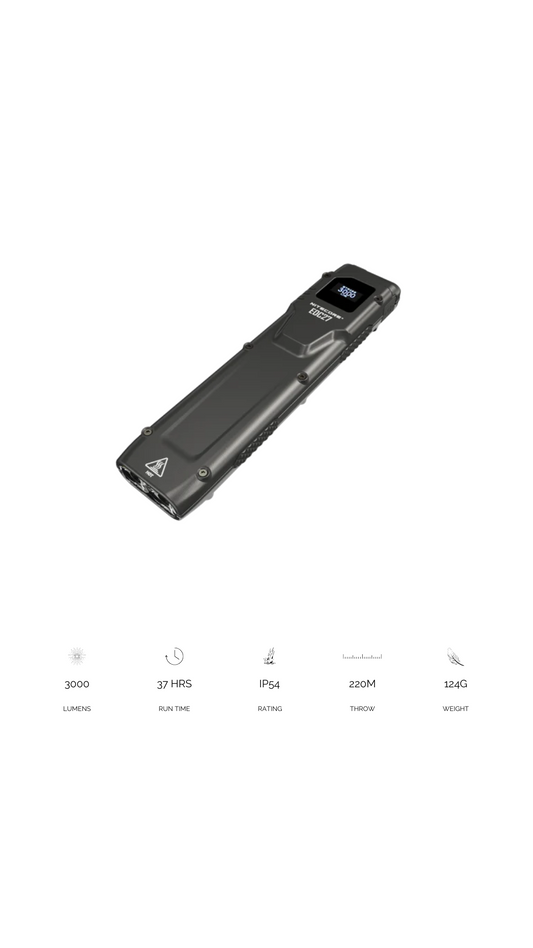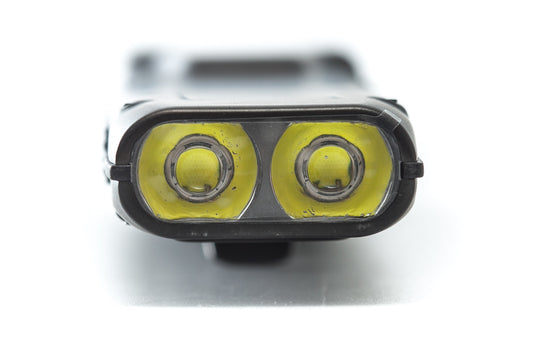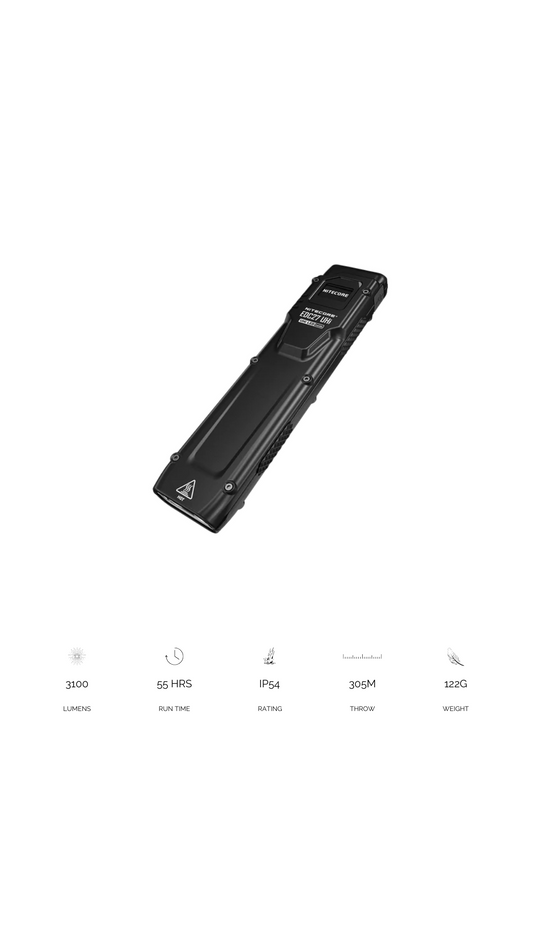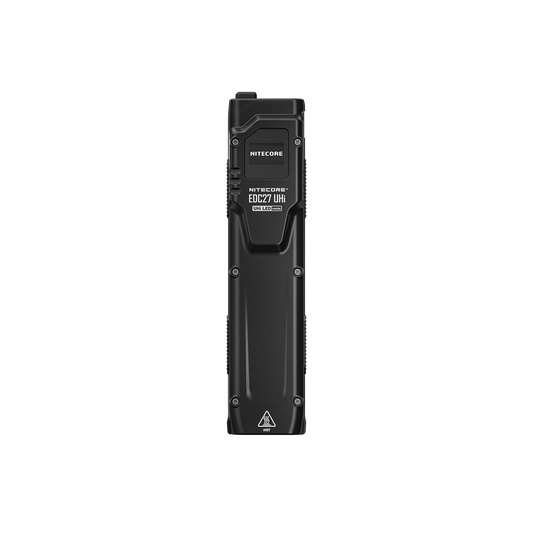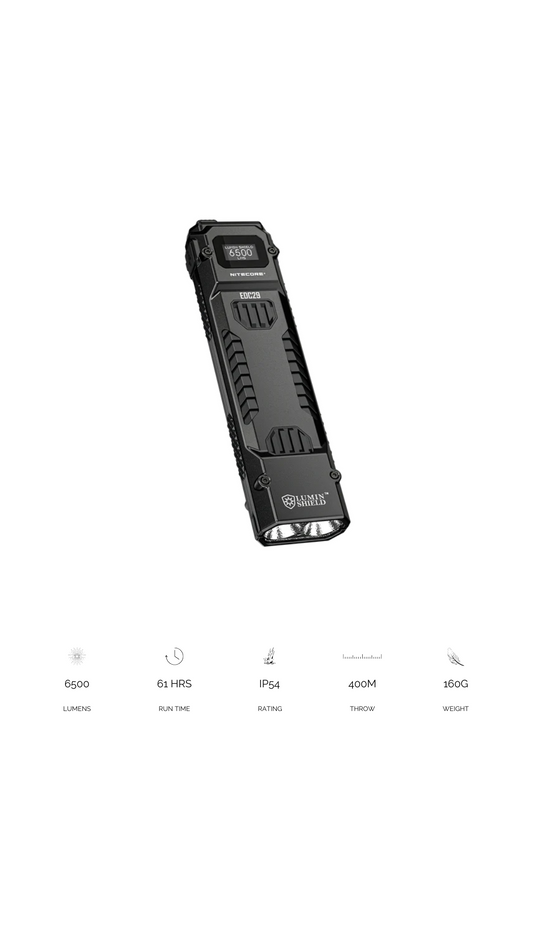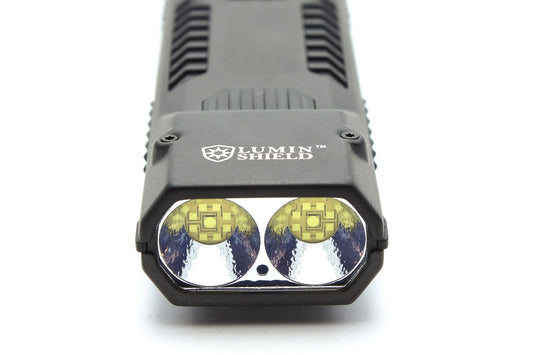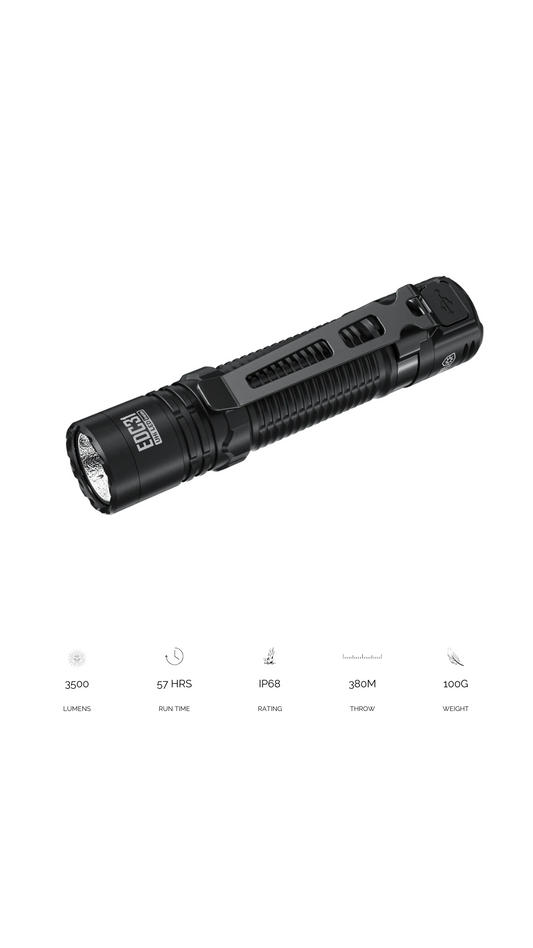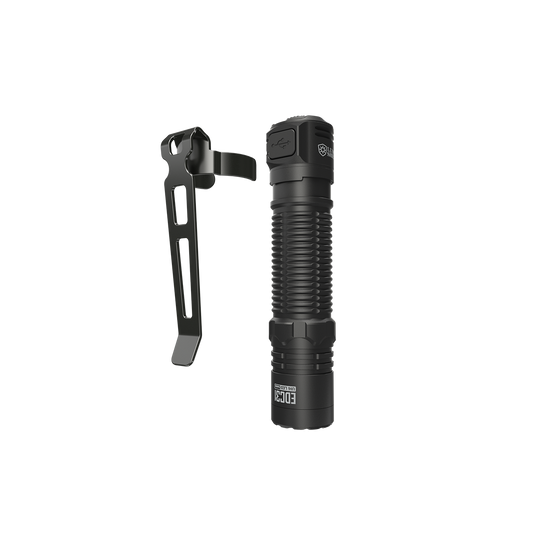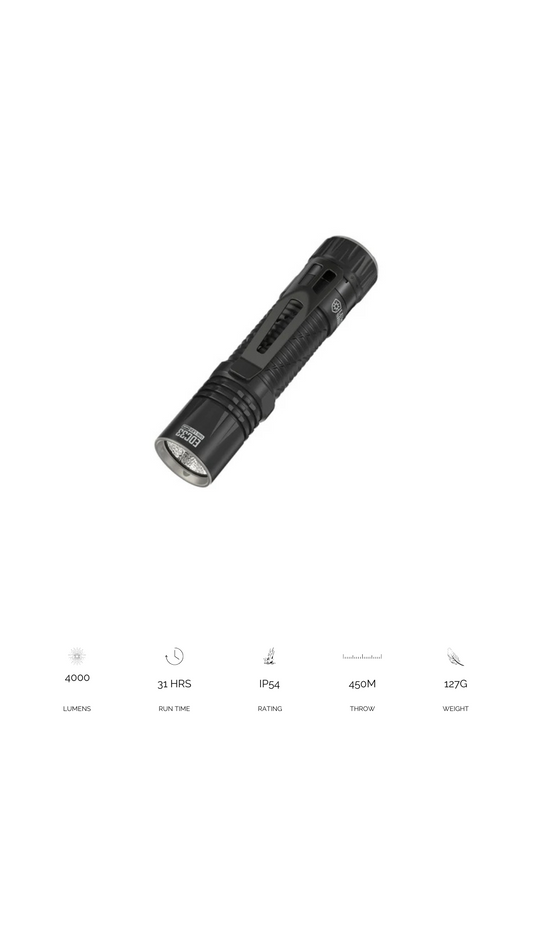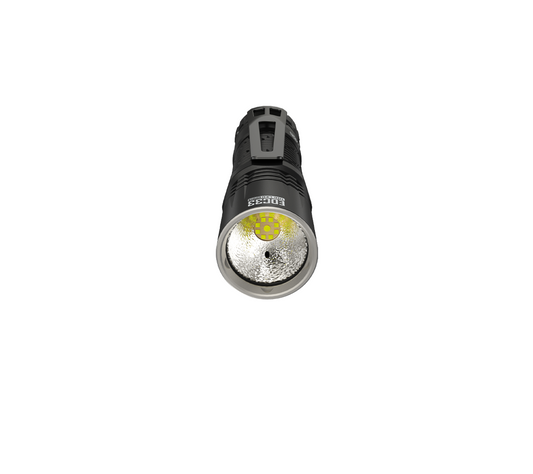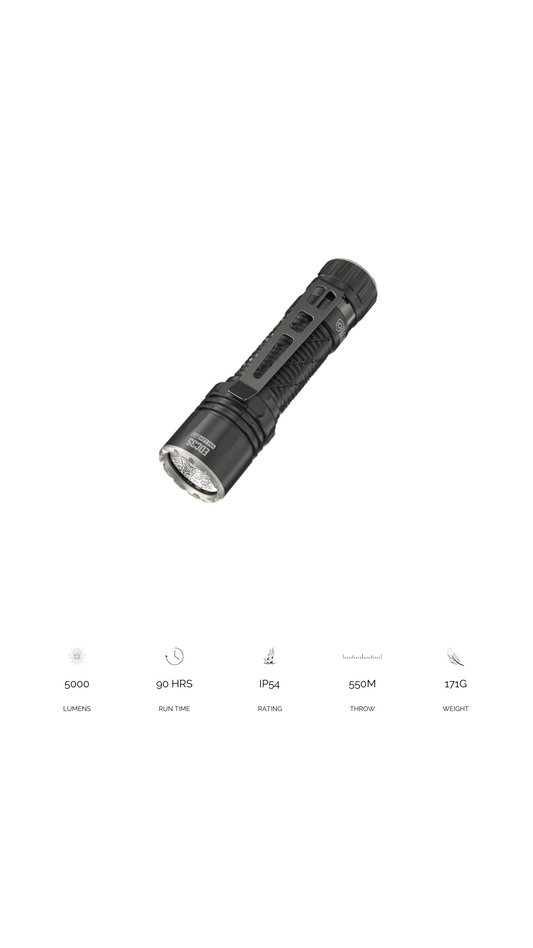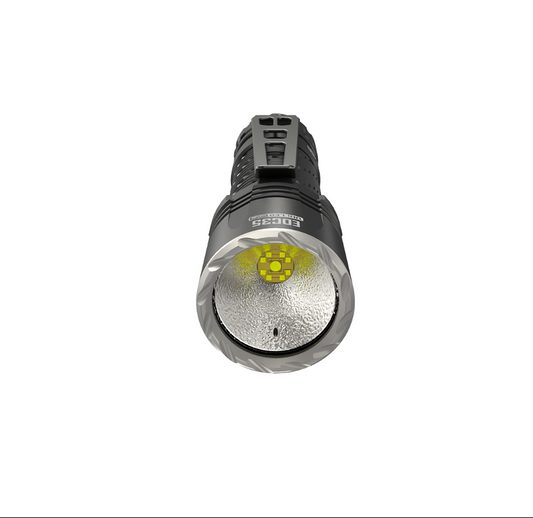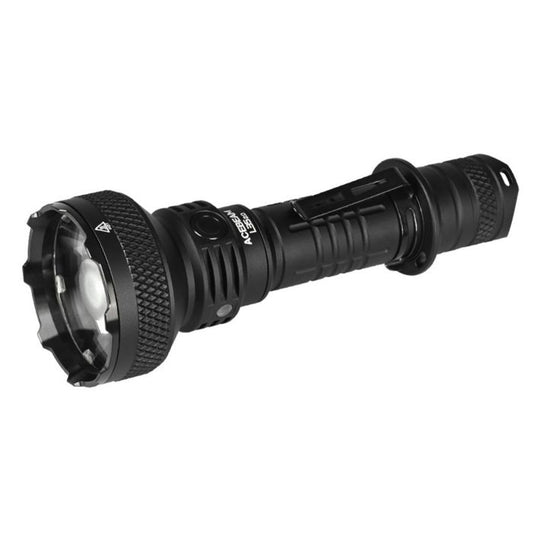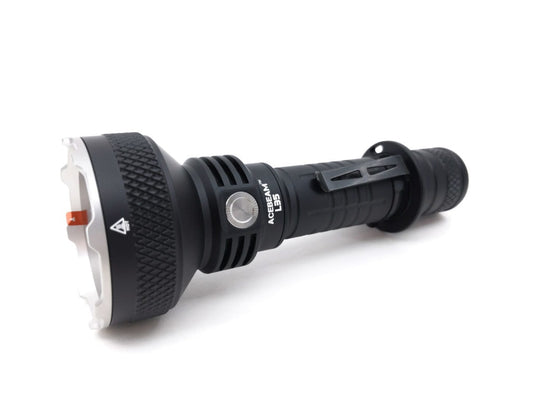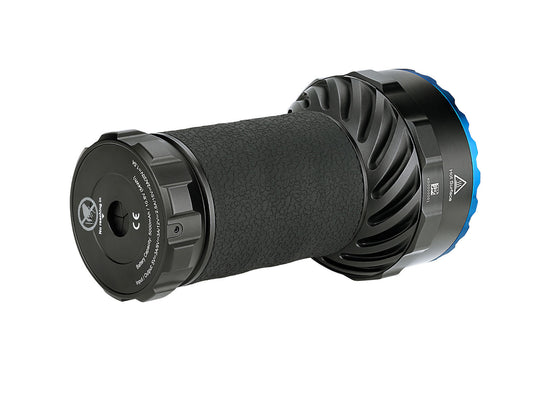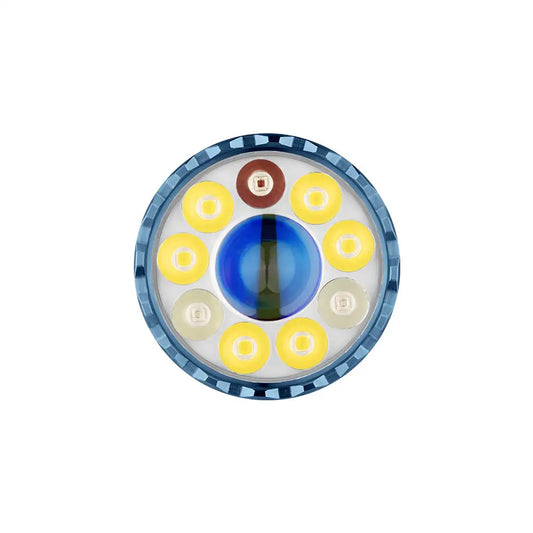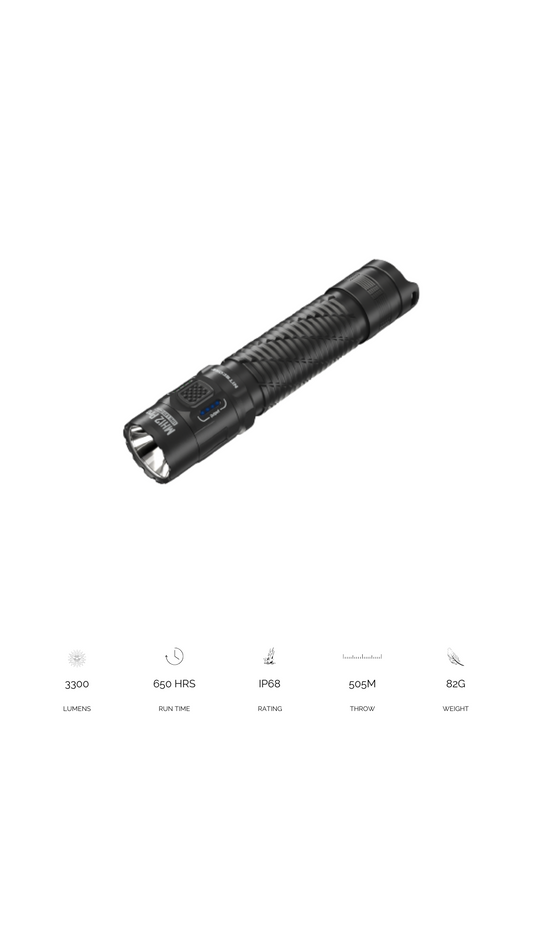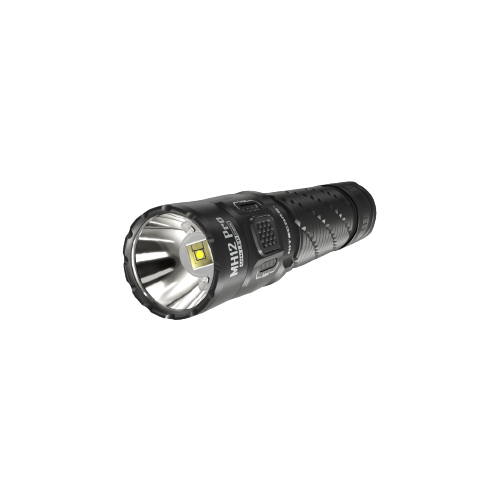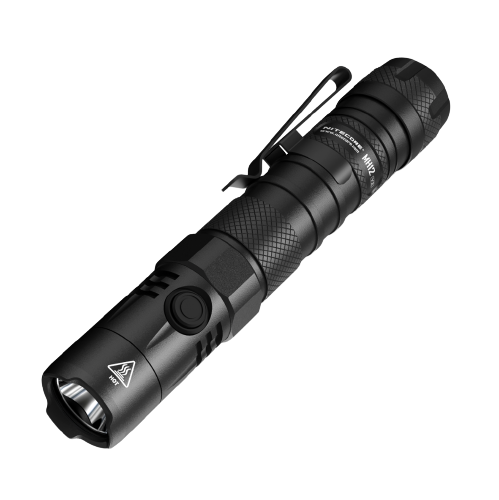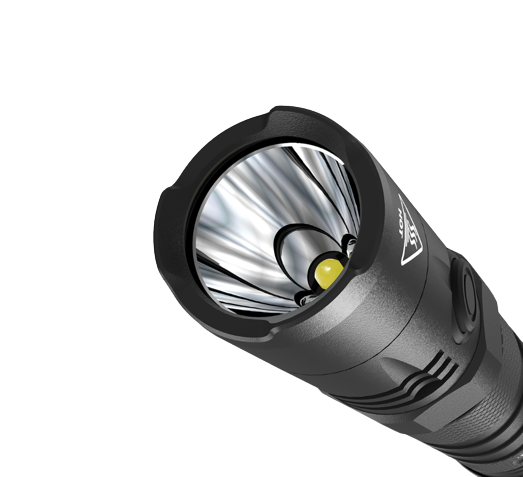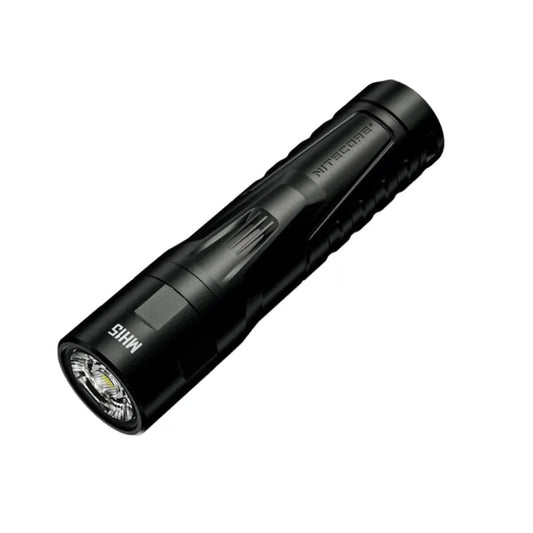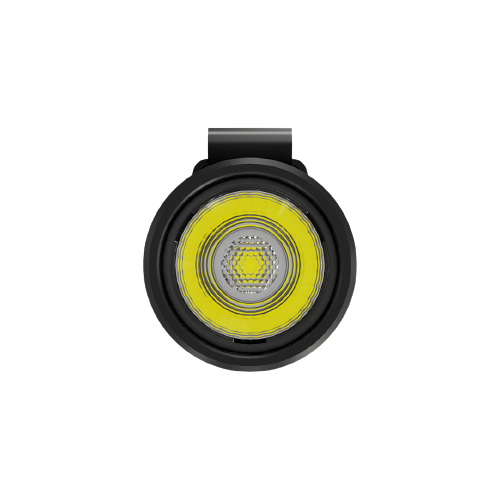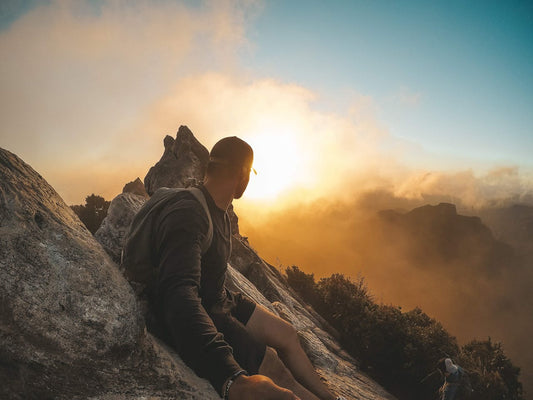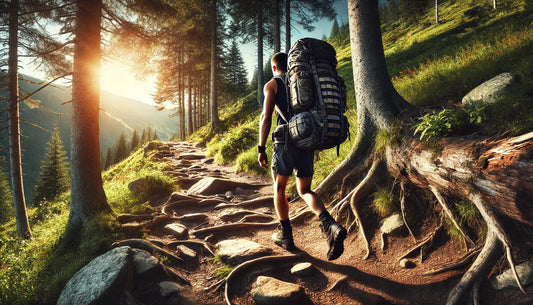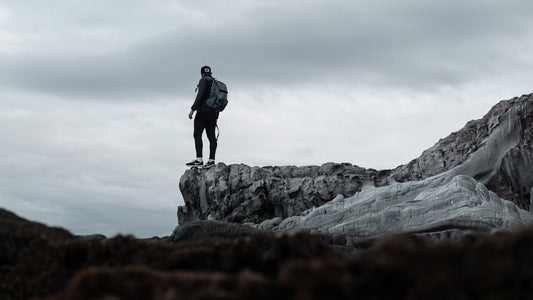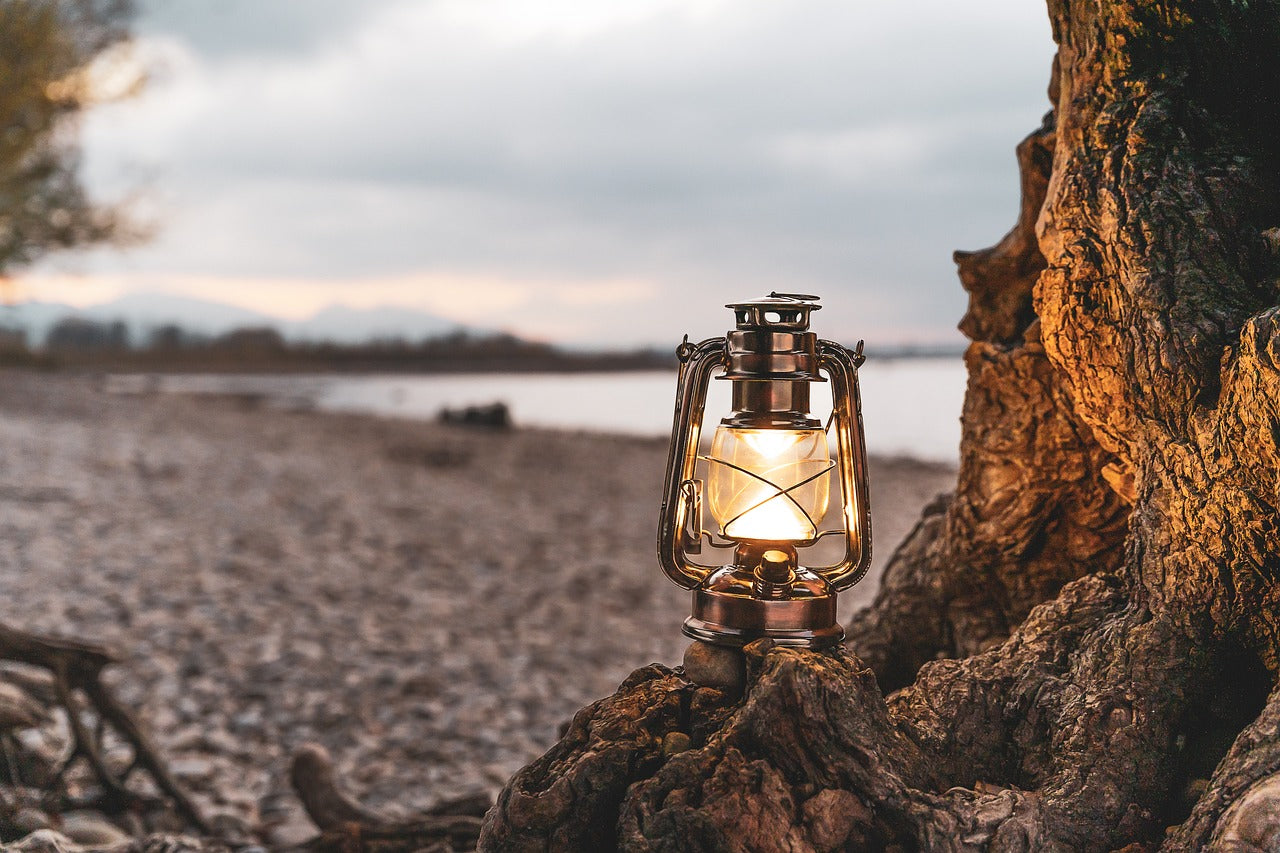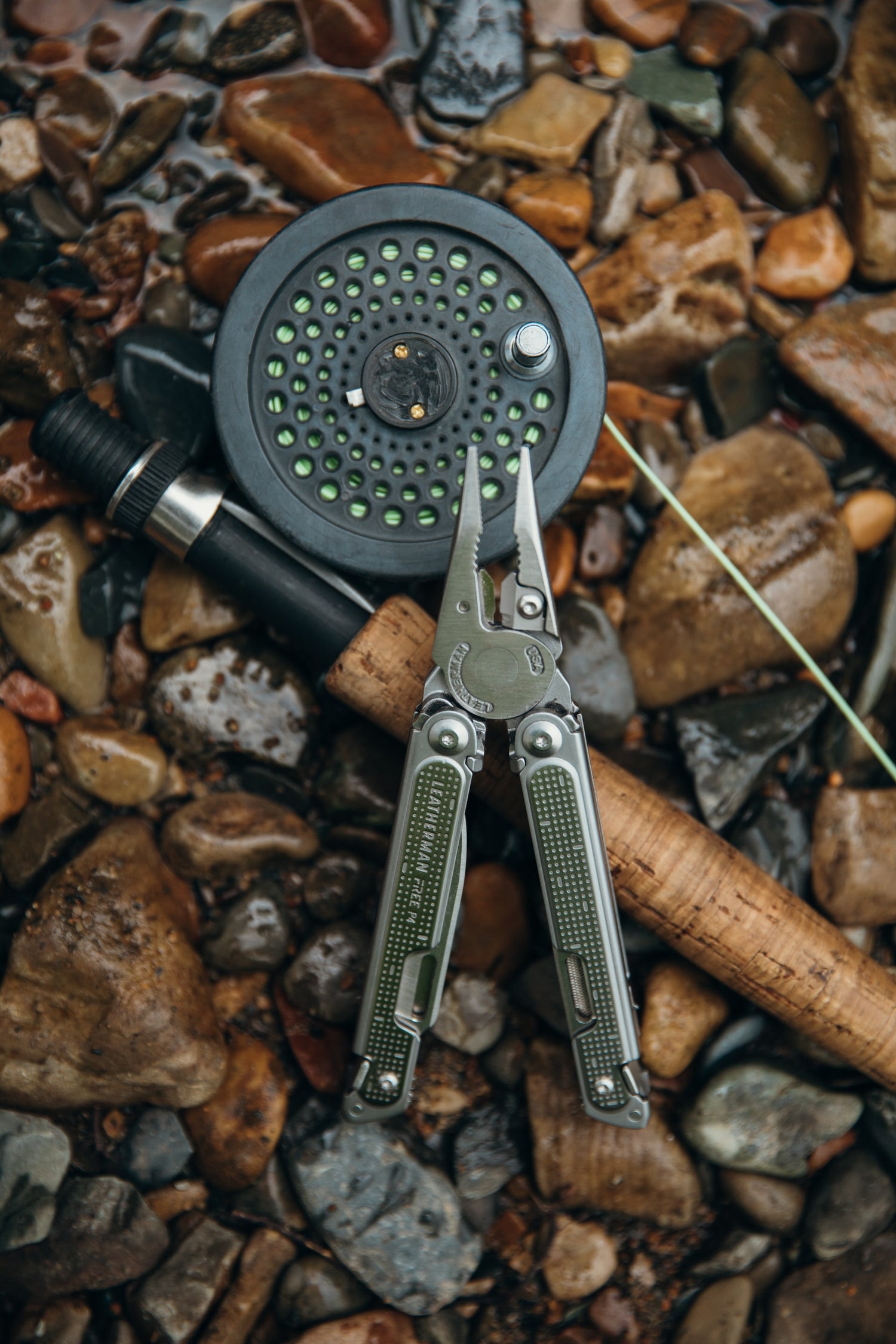
EDC eh? Start here. Part 6
Fire is so hypnotic
In the world of survival enthusiasts and fundamental skills aficionados, methods for fire-making often steal the spotlight. We find ourselves drawn to DIY techniques involving tools like ferro rods or friction methods. However, there exists a simpler and readily available option - the trusty lighter. Lighters offer a plethora of practical applications when integrated into your everyday carry gear. In this article, we'll explore various potential uses both in daily life and as a well-thought-out contingency plan. If you're curious but not entirely convinced, the following section should help sway your opinion.
We all know that lighters can be bought at virtually any convenience store worldwide and they generally perform effectively in most situations.
So, why should you consider including a lighter in your EDC (Everyday Carry) kit? Here are ten compelling reasons:
- Fire-Starting: The most obvious benefit is the ability to start a fire when needed. Fire can be essential for survival in outdoor and emergency situations, such as lighting a campfire, signaling for help, or purifying water.
- Utility: Lighters have a range of everyday uses beyond starting fires. You can use them to light candles, stoves, or grills, and they can be handy for tasks like sealing the ends of nylon cords or melting plastic.
- Emergency Preparedness: In emergencies or natural disasters, having a reliable fire source can be crucial. A lighter can provide warmth, cook food, and sterilize water, making it an important tool for your emergency preparedness kit.
- Convenience: Lighters are compact and easy to carry, making them convenient for everyday tasks. Whether you need to light a cigarette, a candle, or even a barbecue, a lighter is a quick and easy solution.
- Weather-Resistance: Many modern lighters are designed to be weather-resistant or waterproof, which can be especially useful in outdoor and survival situations. These features ensure that the lighter can still function even in wet or adverse conditions.
- Durability: Some lighters are built to withstand rough handling and challenging environments. Brands like Zippo, for example, are known for their rugged and durable designs.
- Longevity: Lighters can provide many ignitions before needing to be refilled or replaced, depending on the type and size of the lighter. This means you can rely on a single lighter for an extended period.
- Compact and Lightweight: Lighters are small and lightweight, making them easy to carry in your pocket, backpack, or EDC kit without adding significant bulk or weight.
- Non-Lethal Self-Defense: In emergency situations, a lighter can be used as a makeshift self-defense tool to create a flame, which can deter potential threats.
- Bartering: In survival scenarios, a lighter can be a valuable bartering item. It's a practical tool that others may need, and it can be exchanged for goods or services.
Types of Lighters and Their Benefits
There are various types of lighters available, each with its own set of benefits and intended uses. Here's an overview of some common types of lighters and their advantages:
Disposable Lighters:
- Benefits: These are cheap, readily available, and easy to use. They are often the go-to choice for everyday tasks like lighting candles, stoves, or cigarettes. Disposable lighters are also lightweight and portable.
Butane Lighters:
- Benefits: Butane lighters are refillable and known for their reliability. They produce a clean flame, making them suitable for tasks requiring precision, such as lighting cigars or starting a campfire. Some models come with adjustable flames for added control.
Zippo Lighters:
- Benefits: Zippo lighters are durable and iconic. They are wind-resistant and work well in challenging weather conditions. Although they require regular refilling and can evaporate fuel over time, their design and craftsmanship are highly regarded by collectors and outdoor enthusiasts.
Torch Lighters:
- Benefits: Torch lighters produce a focused, high-temperature flame, making them ideal for tasks like soldering, culinary torching, or lighting cigars. They are wind-resistant and often refillable. Some models have safety features like child-proof locks.
Electric Lighters:
- Benefits: Electric lighters use a battery-powered heating element to create a flameless, electrical arc. They are windproof, eco-friendly (no fuel or butane required), and often rechargeable via USB. Electric lighters are suitable for lighting candles, cigarettes, and small fires.
Waterproof Lighters:
- Benefits: These lighters are designed to work in wet conditions. They are often sealed with O-rings to prevent water from entering and extinguishing the flame. Waterproof lighters are ideal for boating, kayaking, and other water-related activities.
Plasma Lighters:
- Benefits: Plasma lighters, also known as arc lighters, use electricity to create a high-intensity, windproof plasma beam. They are rechargeable, eco-friendly, and can ignite objects in challenging conditions. Plasma lighters are often used for lighting candles, cigarettes, and campfires.
Survival Lighters:
- Benefits: These lighters are designed with durability and reliability in mind for outdoor and emergency situations. They often feature rugged construction, waterproofing, and extra safety measures. Some models include storage compartments for additional survival tools like fire-starting materials.
Pipe Lighters:
- Benefits: Pipe lighters are specifically designed for lighting pipes and cigars. They have a unique flame direction that makes them suitable for this task, and some models come with tamper tools and built-in pipe cleaning features.
Windproof Lighters:
- Benefits: Windproof lighters are designed to function in strong winds. They often have multiple jets or a powerful flame that can withstand windy conditions, making them ideal for outdoor use, such as camping or hiking.
The choice of lighter depends on your specific needs and preferences. Consider factors like portability, intended use, durability, and environmental impact when selecting the right type of lighter for your situation.
It's important to note the difference between Butane and Lighter Fluid. While butane is a clean-burning fuel suitable for a wide range of applications, it has limitations. Butane tends to cease vaporizing efficiently at temperatures around 31°F (0.5°C). In contrast, lighter fluid, a petroleum distillate, continues to vaporize even in sub-zero temperatures.


